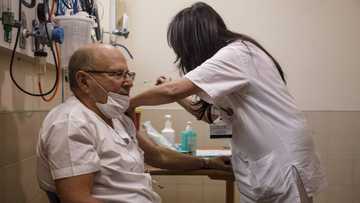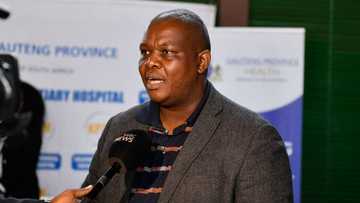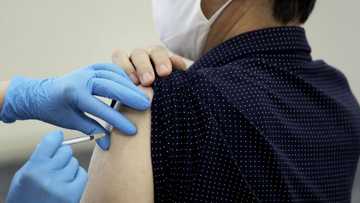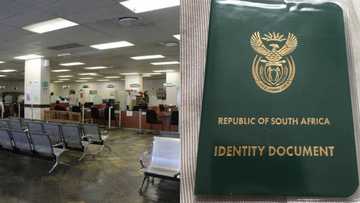Journalists Are Battling for Recognition As Covid-19 Frontline Workers
- Journalists across the Global South have been pleading with governments to recognise them as frontline workers
- They say they need to be considered as a priority in regards to vaccination rollout programmes as they on the frontline reporting news
- Some governments have already moved journalists up the priority list of vaccination rollout programmes
PAY ATTENTION: Click “See First” under the “Following” tab to see Briefly.co.za News on your News Feed!
As the coronavirus pandemic continues to grip the entire world, a number of journalists organisations are calling for the recognition of journalists as frontline workers.
SABC News reports that although parts of the world have seemingly resumed life as normal, Covid-19 infection rates are still high in the Global South (which refers to the regions of Latin America, Asia, Africa, and Oceania).
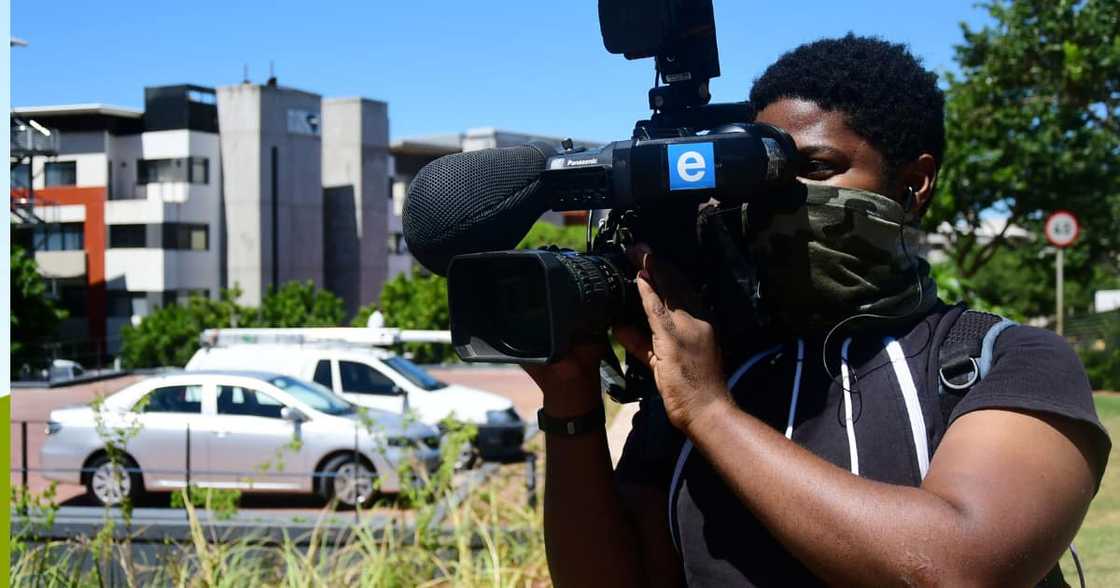
Source: Getty Images
Many countries such as South Africa, Indonesia and Zambia are now struggling with the Delta variant of the coronavirus, which has a higher transmission rate of 30% to 60%. With the increase in the transmission rate, journalists fear for their safety as they continue to cover the pandemic since some countries do not recognise them as frontline workers.
A Philippines journalist, Janvic Mateo, told SABC News that because journalists come into contact with a number of people on a daily, they should be up on the priority for Covid-19 vaccinations.
PAY ATTENTION: Never miss breaking news – join Briefly News' Telegram channel
“Since the pandemic began journalists have been on the frontline and its really necessary to get in that priority list considering the risks that we have for work. For example just yesterday I was out for work because a former president died. I was exposed to many people and makes it necessary to get access to the vaccines,” he said.
For many journalists, working from home is not an option and as result, many have been infected by the coronavirus and some have succumbed.
President of the Zimbabwe Union of Journalists, Michael Chideme, says that it is important for journalists to be recognised as frontline workers because journalists are always where it happens. They are at press conferences, state functions, protests and hospitals.
"They are the first point of call. Everybody needs updates every day," he added.
Some countries such as Malawi and Indonesia have seen the importance of recognising journalists as frontline workers have subsequently moved journalists up on the vaccine priority list.
Journalists from other countries continue to call on their government officials to move them up the vaccine priority list.
Coronavirus pandemic will have a long-term impact on the media
According to The Drum, a report released by the Reuters Institute for the Study of Journalism notes that younger audiences are drawn to the more opinionated personalities who thrive on social media platforms due to a perceived lack of representation in traditional media. This is despite the fact that news on those platforms is less reliable.
The report notes that the Covid-19 has accelerated this trend in younger audiences and has a positive and negative impact on news outlets.
The report also stated that the impact of the coronavirus will outlast the pandemic meaning that for continued success, media publications have to make the necessary adjustments by addressing commercial and cultural issues.
According to The Drum, news media publications need to be careful when trying to compete in social media platforms for readers about the content they publish. The need for caution stems from the role played by social media platforms' weak moderation of the spreading of Covid-19 misinformation.
Journalist who broke the decuplets story apologises to Independent Media Group
Briefly News previously reported that Pretoria News editor Piet Rampedi has written an apology to Independent Media group editor-in-chief Aneez Salie in regards to the Thembisa 10 that broke this earlier month.
In an email, Rampedi expressed he could have handled the story better, however, he insists that there was a pregnancy and Gosiame Sithole gave birth, according to EWN.
Rampedi had reported that Gosiame Sithole had given birth to 10 babies and had subsequently broken a Guinness World Record. The story initially touched the hearts of South Africans and the world at large, however, the National Department of Health said there was no record that the babies were ever born.
The department still maintains that there is no record of decuplets being born in Gauteng and Sithole was admitted into a psychiatric hospital for evaluation last week.
In his email, Rampedi apologised for the reputational damage caused by the aftermath of the story. He added that he was aware that the general response to the story put his colleagues under public scrutiny, according to News 24.
Enjoyed reading our story? Download BRIEFLY's news app on Google Play now and stay up-to-date with major South African news!
Source: Briefly News

